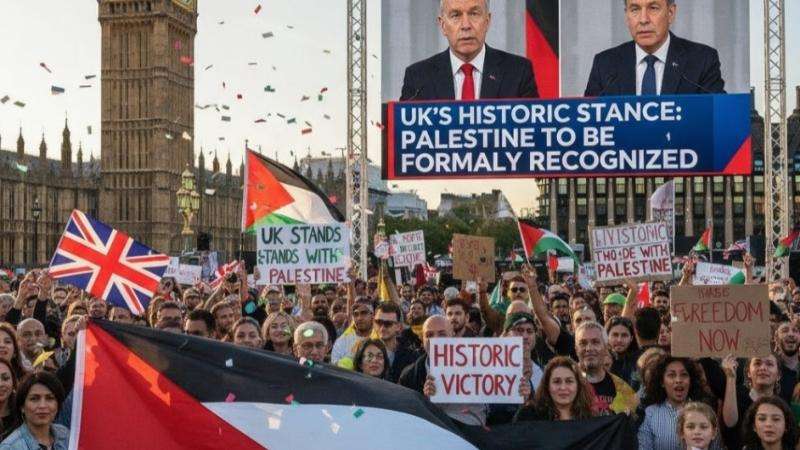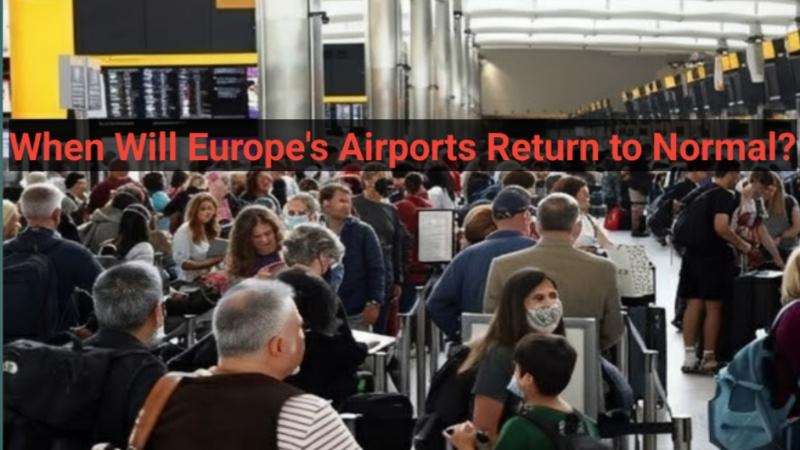In a momentous decision, the British government is set to formally recognize Palestine as a state, a move widely hailed as a success for pro-Palestine advocacy groups and a decisive step towards peace. This long-awaited announcement, expected from Prime Minister Sir Keir Starmer, signals a powerful shift in UK foreign policy, aligning Britain with the vast majority of the international community, Daily Dazzling Dawn understands.
The decision comes after Israel failed to meet a series of conditions laid out by the Prime Minister in July. These conditions included a ceasefire, a commitment to a long-term peace plan, and an end to the "appalling situation in Gaza," which has seen a declaration of famine and the expansion of Israeli military operations. With no sign of compliance from Prime Minister Benjamin Netanyahu’s government and mounting evidence of humanitarian catastrophe, the UK government's patience has run out. The move is a clear and principled stand against the ongoing violence and an affirmation of the Palestinian people's right to self-determination.
This step is a direct response to the dire situation in Gaza, which Foreign Secretary Yvette Cooper has called "utterly reckless and appalling." It also follows a recent UN commission of inquiry that found evidence of genocide committed by Israel against Palestinians in Gaza, a claim Israel has denied. For the pro-Palestine community in the UK, this recognition is a vindication of their tireless campaigning and a moral victory. It demonstrates that their voices have been heard and that the British government is willing to take meaningful action in the face of injustice.
The UK's decision to join 147 other UN members in recognizing Palestine sends a clear message to Israel and its allies, including the United States, which has voiced its opposition to the move. By joining nations like France, Australia, and Canada in this coordinated international effort, Britain is using its diplomatic influence to put pressure on Israel and push for a just and lasting solution. While some, including relatives of Israeli hostages, have condemned the decision, the UK government is unwavering in its commitment to a two-state solution and has also announced a plan for further sanctions on Hamas to ensure they have no role in governing Gaza.
This historic step is not just symbolic; it is a profound declaration of support for the Palestinian people's right to live in peace and dignity. It is a testament to the power of public advocacy and a new chapter in Britain's role on the world stage—one that prioritizes human rights and international law.
The British Muslim and British Bangladeshi communities have been at the forefront of the campaign for the UK's recognition of a Palestinian state. Organizations such as the Muslim Council of Britain (MCB) have long called for this move, viewing it as a matter of justice and a crucial step towards ending the suffering in Gaza. For many within these communities, the government's decision is a direct result of relentless grassroots activism and public pressure. The move is celebrated as a significant victory that reflects a foreign policy rooted in humanity and international law, demonstrating that the voices of British Muslims and Bangladeshis have had a tangible impact on national policy.








.svg)


